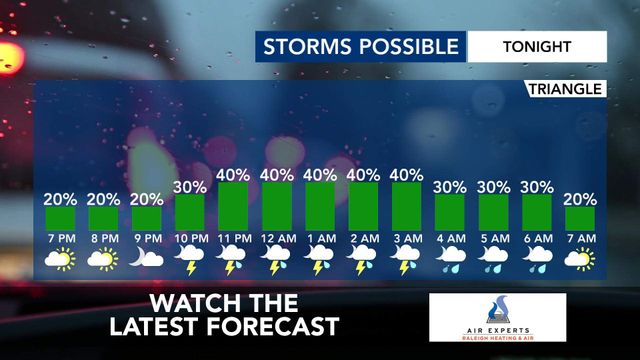Moms for Liberty brings message of frustration to NC town hall

National conservative parents rights group Moms for Liberty brought a town hall — and frustration toward public schools — to North Carolina on Wednesday night.
Speakers focused on problems in public schools — chiefly, worsening student behavior and test scores that remain below pre-pandemic levels — and suggested more discipline and having schools cut ties with federal programs and outside nonprofits as solutions.
“I was assaulted in a public school,” said Annette Albright, a former behavior modification technician in Charlotte-Mecklenburg Schools. “We have to make our schools safe.”
The Moms for Liberty town hall featured co-founder Tiffany Justice and nine panelists, including North Carolina Moms for Liberty organizers and supporters.
Roughly 50 people attended the event held at the Wake County Shrine Club in Raleigh on Wednesday night.
Moms for Liberty has been holding town halls throughout the country, where members and supporters voice their concerns for the state of public schools.
Justice moderated Wednesday night’s discussion. The event featured conservative activists with varying frustrations with schools — namely, fledgling discipline in schools and underwhelming test scores. In North Carolina, more than half of students are passing standardized exams, although the percentage is higher for science classes.
The group was formed in 2021, spearheaded by two former Florida school board members frustrated with remote schooling and masking during the COVID-19 pandemic. While the group is nonpartisan, it has since expanded into socially conservative issues, such as pushing back against racial equity initiatives and LGBTQ+ inclusion efforts.
Speakers Wednesday noted a lack of resources, support or autonomy for teachers. At the same time, many said schools can get better test results with less money than some are spending.
Neely Turlington, a Moms for Liberty organizer in Forsyth County, said she struggled to get her son an individualized education program despite his struggles in reading. The program is a part of special education, established by the federal Individuals with Disabilities in Education Act. Turlington said school officials had said he was passing and that they didn’t have the resources to provide him with extra help. She paid for the extra outside help instead.
“He went from very average to this morning being inducted into the National Beta Club,” she said. “We are failing our students at so many turns.”
Many speakers, including Turlington, cautioned against schools working with outside groups, such as educational nonprofits and health organizations.
They questioned the intentions of mentoring and tutoring groups that could benefit from students doing poorly or the intentions of groups that have racial equity initiatives or political connections.
Supporters of those nonprofits argue they help fill in gaps that schools can’t by providing extra academic help to kids. Supporters of racial equity initiatives argue they’re necessary because students of color typically have worse academic outcomes in schools and face subjective discipline that white students don’t.
Justice said she was concerned that healthcare workers might not report working with a student to the student’s parents. North Carolina law requires parental permission for healthcare to be provided to minors in most circumstances.
The federal government and many state and local agencies across the nation have supported school-based health centers as a way of ensuring more children and their parents receive healthcare.











